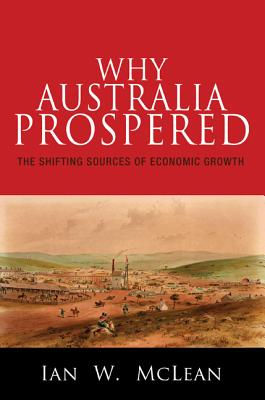Expedite your nonfiction book discovery process with Readara interviews, summaries and recommendations, Broaden your knowledge and gain insights from leading experts and scholars
In-depth, hour-long interviews with notable nonfiction authors, Gain new perspectives and ideas from the writer’s expertise and research, Valuable resource for readers and researchers
Optimize your book discovery process, Four-to eight-page summaries prepared by subject matter experts, Quickly review the book’s central messages and range of content
Books are handpicked covering a wide range of important categories and topics, Selected authors are subject experts, field professionals, or distinguished academics
Our editorial team includes books offering insights, unique views and researched-narratives in categories, Trade shows and book fairs, Book signings and in person author talks,Webinars and online events
Connect with editors and designers,Discover PR & marketing services providers, Source printers and related service providers

Why Australia Prospered: The Shifting Sources of Economic Growth
History > Australia & New Zealand - General
- Princeton University Press
- Paperback
- 9780691171333
- 9.1 X 6.1 X 0.8 inches
- 0.97 pounds
- History > Australia & New Zealand - General
- (Single Author) Asian American
- English
Readara.com
Book Description
This book is the first comprehensive account of how Australia attained the world's highest living standards within a few decades of European settlement, and how the nation has sustained an enviable level of income to the present. Why Australia Prospered is a fascinating historical examination of how Australia cultivated and sustained economic growth and success. Beginning with the Aboriginal economy at the end of the eighteenth century, Ian McLean argues that Australia's remarkable prosperity across nearly two centuries was reached and maintained by several shifting factors. These included imperial policies, favorable demographic characteristics, natural resource abundance, institutional adaptability and innovation, and growth-enhancing policy responses to major economic shocks, such as war, depression, and resource discoveries.
Natural resource abundance in Australia played a prominent role in some periods and faded during others, but overall, and contrary to the conventional view of economists, it was a blessing rather than a curse. McLean shows that Australia's location was not a hindrance when the international economy was centered in the North Atlantic, and became a positive influence following Asia's modernization. Participation in the world trading system, when it flourished, brought significant benefits, and during the interwar period when it did not, Australia's protection of domestic manufacturing did not significantly stall growth. McLean also considers how the country's notorious origins as a convict settlement positively influenced early productivity levels, and how British imperial policies enhanced prosperity during the colonial period. He looks at Australia's recent resource-based prosperity in historical perspective, and reveals striking elements of continuity that have underpinned the evolution of the country's economy since the nineteenth century.
Author Bio
We are saddened to report the passing of Ian W. McLean on May 24, 2020.
Born in New Zealand, Ian received his B.A. from the University of Wellington. Shortly thereafter, he moved to Australia, where he began researching technological adoption in 19th-century Victoria. He completed his Ph.D. in economics in 1971 at Australian National University under the supervision of Noel Butlin. Soon after, Ian began a lifelong career as a professor and researcher at the University of Adelaide, publishing influential economic history articles on the living standards, income distribution, and long-run economic growth of Australia.
An abiding focus of Ian’s research was a desire to understand how a small, frontier economy, isolated by distance and exporting primary products and minerals, was able to develop into one of the richest countries in the world (in terms of per capita GDP) by the beginning of the 20th century. His interest in these themes culminated in his magnum opus, Why Australia Prospered: The Shifting Sources of Economic Growth (Princeton University Press, 2012). Ian retired from Adelaide in 2007. In 2020 he was awarded the E.O.G. Shann Award for Distinguished Service to Economic History in Australia and New Zealand.
Ian’s pathbreaking work documenting the importance of both geography and institutions in shaping long-run development speaks for itself, but what made him a leader of our tribe was his incredible generosity and spirit with students, not only in Australia, but around the globe. Many of us came to know him through his stints as a visiting scholar or visiting professor at academic departments in North America, including UC Berkeley, Stanford, Harvard, and Yale Universities. In all these cases, Ian served as a bridge between ambitious graduate students and all-too-often preoccupied faculty — gracefully providing stewardship and mentorship.
His patience, wisdom, and guidance helped launch the careers of many prominent members of the discipline, and left an indelible mark on the field of economic history. He will be greatly missed.
by Barry Eichengreen and Kris James Mitchener
Source: EH.net
Videos
No Videos
Community reviews
No Community reviews

